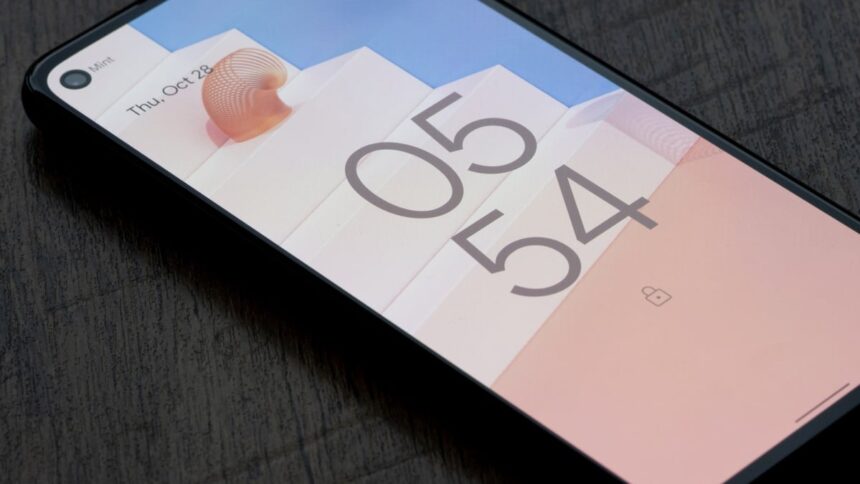Enhanced Security Features Arrive on Android Devices
Android is set to introduce a robust security feature designed to enhance protection for devices that may be lost, stolen, or confiscated. With the implementation of the latest update to Google Play services, Android smartphones and tablets will automatically reboot and necessitate a passcode for decryption after being locked for three consecutive days.
Understanding the Auto-Restart Functionality
Both Android and iOS devices enter a Before First Unlock (BFU) state upon restarting. This requires users to input their passcode or PIN before certain functionalities, including notifications and biometric access, can be activated. During the BFU state, data remains encrypted and inaccessible until the correct passcode is entered, which transitions the device into an After First Unlock (AFU) state. Although it may be possible to retrieve some data in BFU mode, the extent of accessible information is significantly limited compared to a device in AFU mode.
Once the Google Play services update is installed on an Android device, the system will automatically reboot into BFU mode if it has remained locked for three straight days. This enhancement means that if the device is out of the user’s hands and remains locked, any attempt to access the data—whether by law enforcement or potential thieves—will face an elevated security state that is not decryptable without the appropriate passcode.
In a comparable move, Apple has also integrated a feature known as “inactivity reboot” in iOS 18.1. This feature triggers the automatic restart of an iPhone along with re-encryption of its data after four days of inactivity.
What are your thoughts so far?












